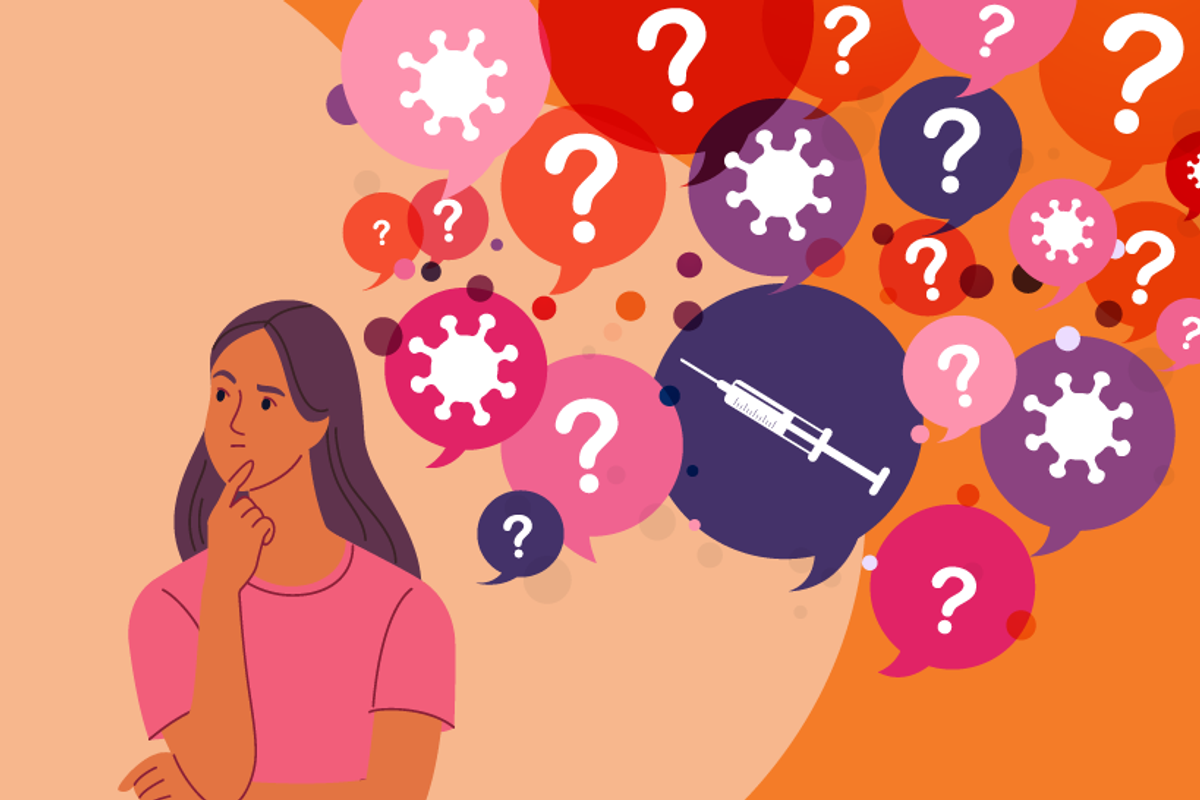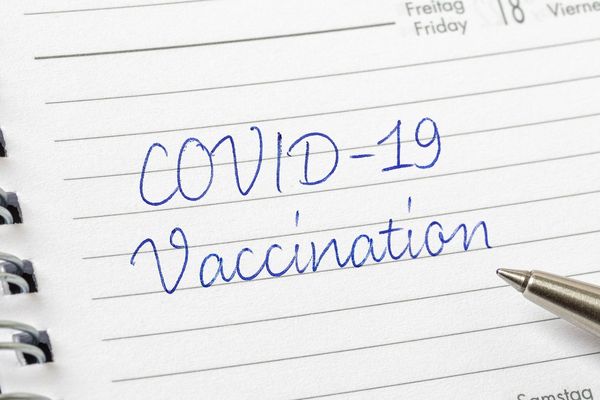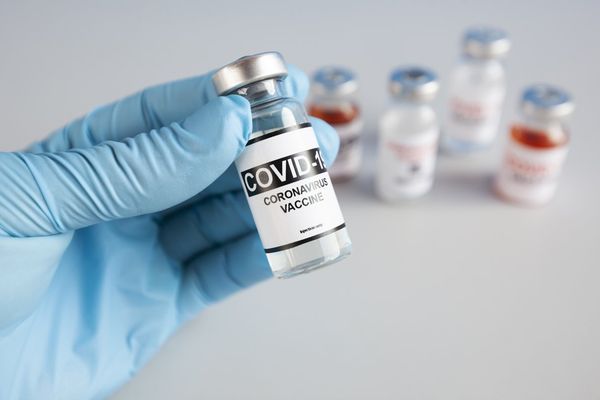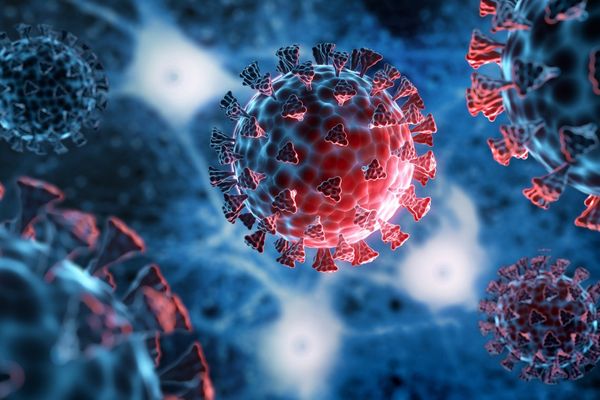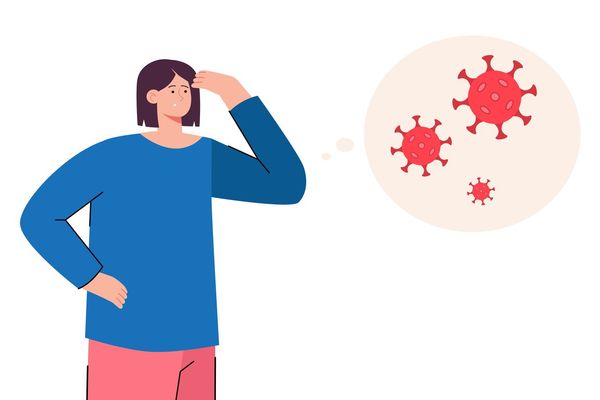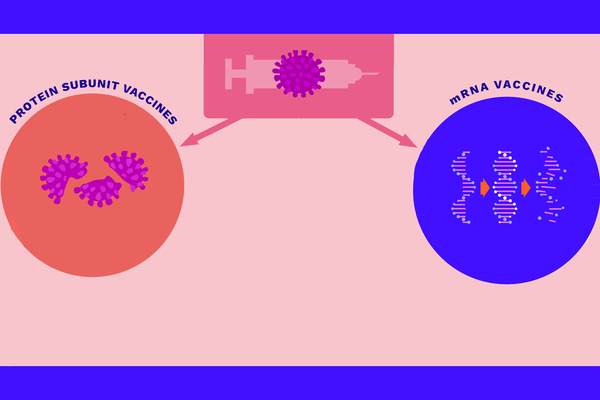Many children who can now get the Covid-19 vaccine still aren’t getting it. According to one study, parents seemed to be evenly divided into one of three groups when it comes to making the decision. They were either eagerly waiting for the vaccine (27%) or wouldn’t even consider it (30%), while the rest were taking a wait-and-see approach (33%). For those on the fence, fear might be the biggest factor in their hesitance more than anything else.
Cyra-Lea Drummond, a registered nurse in Indiana, said that she and her husband were quick to be vaccinated against Covid-19 themselves, but she understands the concern when it comes to children. “We did have a little bit of a pause [for our 8-year-old] because the vaccine came out quickly. But by the time it was available for our son's age group, I felt comfortable, and I felt like there was enough data,” she said.
The Centers for Disease Control and Prevention (CDC) recommends that all children 6 months and older receive a pediatric vaccine. The Pfizer vaccine, Moderna vaccine, and Novavax vaccine area have all been authorized or approved for children. Starting at 6 months old, children can get Pfizer or Moderna, and children ages 12 and older can get Novavax.
The vaccine timing and dosing depend on the child’s age and type of vaccine. “They're not different formulations, but they're different doses and schedules,” explained Michael Myint, M.D., chief population officer and associate professor in infectious diseases at the University of Washington in Seattle. Children are only considered fully vaccinated after they receive the recommended doses, and it can take up to two weeks after the final dose of the primary series for the Covid-19 vaccine to be fully effective.
Possible Covid-19 vaccine side effects
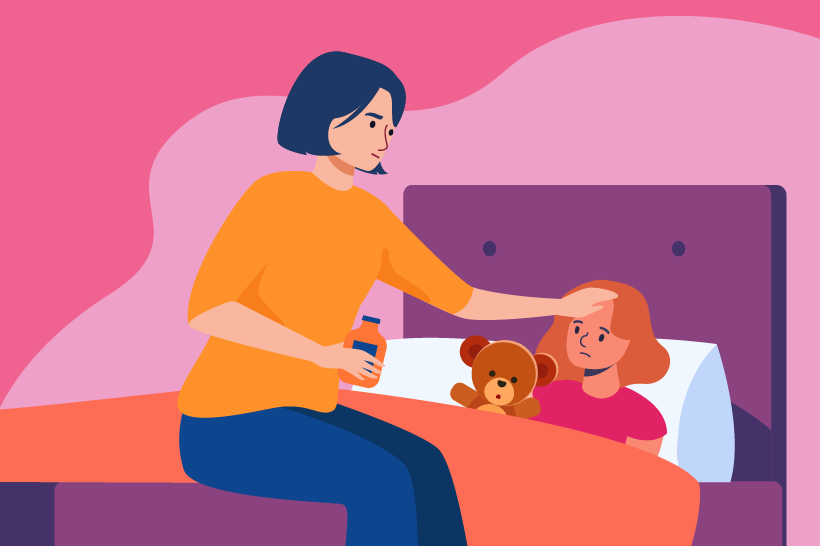
Vaccines, like all medications, have a risk of side effects, and this worries some parents. According to Myint, though, “Covid vaccines tend to be similar to flu shots. Low-grade fevers and chills are probably a little more [common] than perhaps some other vaccines. They are generally limited and localized.” The most common side effects associated with the Covid-19 vaccine in kids are:
- Pain, swelling or redness at the injection site
- Sleepiness or fatigue
- Swollen lymph nodes
Children 3 years and younger may also be irritable and not nurse or eat well. Older children might have a headache, muscle or joint pain, or chills.
Severe reactions are rare. That being said, children should be watched for signs of an allergic reaction for at least 15 minutes after each Covid-19 vaccination, including boosters.
Where to get pediatric Covid-19 vaccines
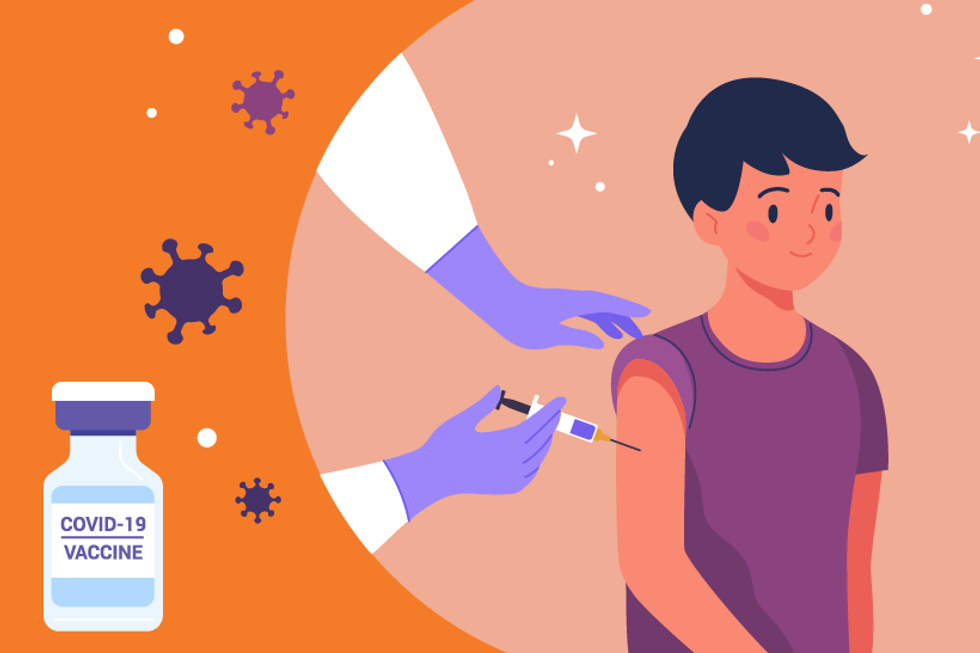
Both Myint and Drummond brought their children to a local pharmacy for their vaccinations. If parents aren’t sure of where to bring their child, they should ask their pediatrician, Myint said. Locations can include pop-up clinics, schools and pharmacies, as well as doctors’ offices. But this can vary between states. In many places, pharmacists are allowed to give vaccines to infants.
Wherever parents choose to go, there should be no charge for the Covid-19 vaccine. It’s free to everyone in the United States. Whether they have health insurance doesn’t matter, nor does immigration status.
Issues that may face unvaccinated children
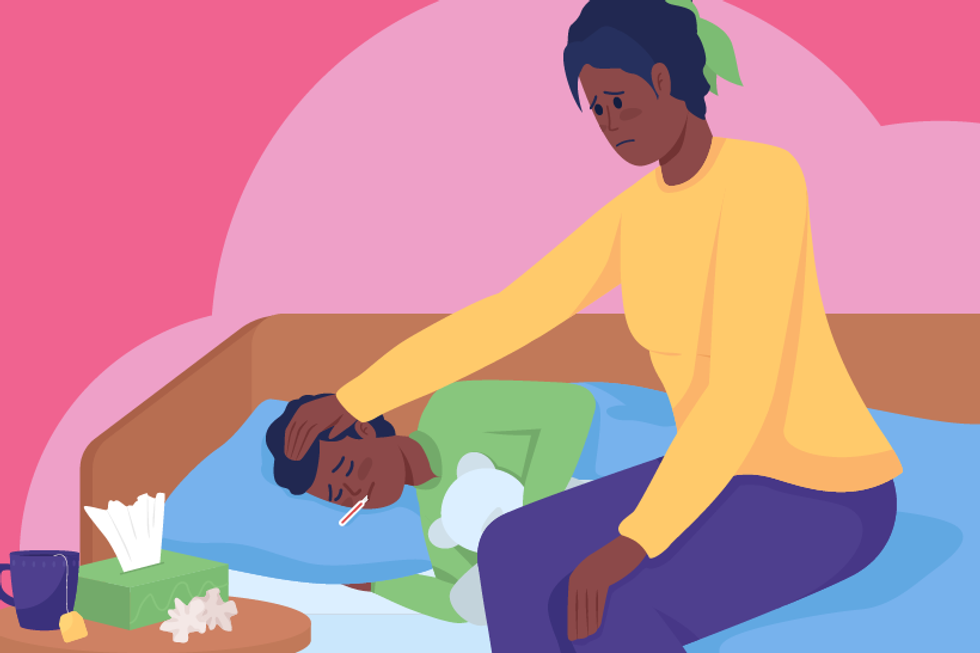
Not all parents want their children to get the vaccine. So what does that mean for these children and their families?
Unvaccinated children could:
- Have more severe symptoms if they get Covid
- Develop MIS-C, a rare but serious complication where body parts, including organs, become inflamed
- Miss more school days
- Have a higher risk of developing long Covid
- Keep parents home from work while they care for their children
Unvaccinated children are more likely than vaccinated children to spread the virus. This could be dangerous for vulnerable family members and others in the community who may be at risk for serious disease.
Parents should also not count on herd immunity to protect their children. Herd immunity happens when enough people in a community are immune from an illness, which reduces the risk of unvaccinated children getting exposed to the virus. Herd immunity to Covid-19 doesn’t seem possible at this point, however, because the virus changes rapidly.
“I think that we all want the best for our kids,” Myint said. “I think that parents who are on the fence should reach out to trusted individuals. It could be their pediatrician or others in the community. Reach out and try to inform yourself as much as possible.” It is true that while Covid-19 vaccines don’t always prevent infection, they do reduce the risk of severe illness, Myint added.
Drummond also believes that doctors have a role in helping parents who aren’t sure whether they want to get their children vaccinated. “I think it's important for pediatricians to take parents' concerns seriously,” she said. “If a parent has concerns about vaccines and the physician does not approach those in a satisfactory manner, that parent is going to go to the internet. That is where they are going to find anti-vax content.”
Are Covid vaccines safe for kids?
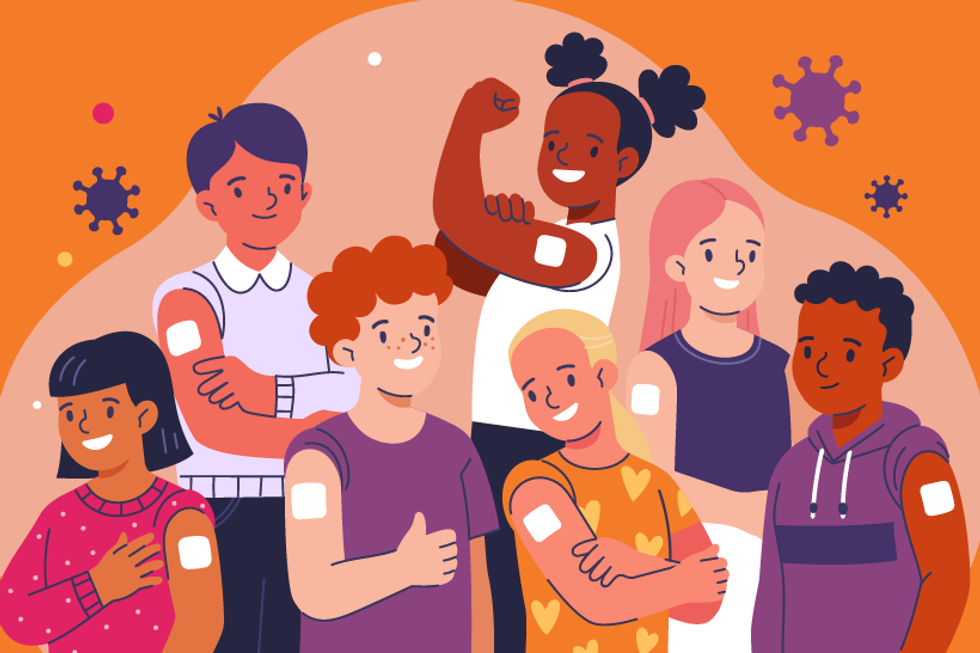
Pediatric Covid-19 vaccines are safe. Vaccinated children are less likely to get the infection. If they do get the infection, they are less likely to develop severe symptoms, complications and long Covid.
If you are unsure about vaccinating your child, speak with your healthcare provider. Searching online can give you some answers, but they may not always be correct. “Be very careful who and where you get your information from,” Drummond said. “Be really careful that the information you're getting is evidence-based and accurate from a reliable, authoritative [source].”
This resource was created with support from Pfizer.
- Getting Vaccinated Won’t Just Protect You, It Will Help Protect My Vulnerable Children ›
- Getting Caught Up on Back-to-School Vaccines ›
- Understanding the Different Types of Covid-19 Vaccines - HealthyWomen ›
- 6 Common Concerns of Vaccine-Hesitant People - HealthyWomen ›

